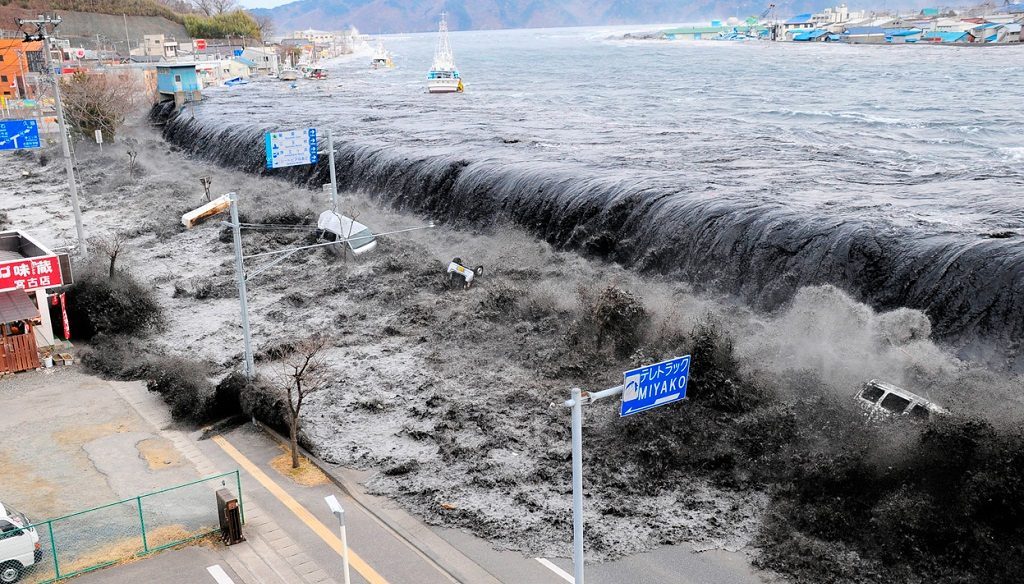The global warming worsened natural disasters around the world this year. This was confirmed by studies carried out by the international network of scientists World Weather Attribution (WWA).
Experts identified that extreme weather events such as hurricanes, floods, heatwaves, and droughts were more devastating due to the rise in global temperatures.
In 2024, the warmest year ever recorded set temperature records both in the atmosphere and in the ocean surface.
Global warming worsened natural disasters in 2024: why?
In recent years, global warming accelerated the frequency and severity of extreme weather phenomena.
 Global warming worsened extreme phenomena worldwide.
Global warming worsened extreme phenomena worldwide.
WWA studies showed how the increase in global temperatures of at least 1.2°C above pre-industrial levels was a significant factor in the intensification of natural disasters.
According to the analyses conducted by this network of scientists, several extreme weather events that occurred in 2024 would have been less intense if global temperatures had not risen.
“The impacts of warming caused by fossil fuels have never been as clear or as devastating as in 2024. We are living in a new dangerous era,” warns climatologist Friederike Otto, who is responsible for WWA.
What the studies say
 Droughts.
Droughts.
Through a modeling and statistical analysis approach, WWA researchers have been able to identify the contribution of global warming to extreme weather events.
This is how it affected the phenomena:
- Stronger hurricanes: hurricanes and cyclones in the Atlantic and Pacific oceans showed increased intensity due to warmer ocean waters. WWA research demonstrated that the probability of category 4 and 5 hurricanes has increased, leading to widespread destruction in coastal areas.
- Extreme heatwaves: those affecting various regions of Europe, Asia, and North America were exacerbated by the rise in global temperatures. According to WWA studies, the intensity of heatwaves in 2024 was significantly higher than in previous years due to global warming, increasing risks for human health, agriculture, and ecosystems.
- Floods: in regions like Africa, Latin America, and Southeast Asia, heavy rains led to devastating floods. WWA concluded that increased atmospheric moisture associated with rising global temperatures has increased the likelihood and severity of these floods.
- Prolonged droughts: affected regions such as California, the Horn of Africa, and Southeast Asia. Studies indicate that rising temperatures and changes in precipitation patterns have created a more conducive environment for water scarcity, impacting crops and water supply alike.
Do you already know our YouTube channel? Subscribe!

